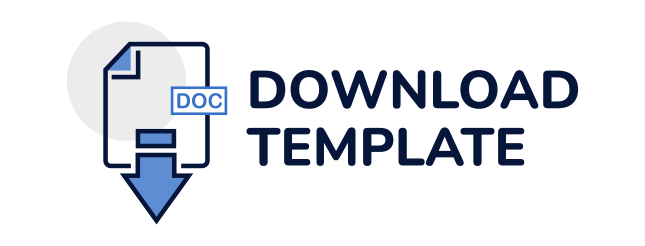Utilization of Home Business Counseling to Increase Family Income in Cisait Village, Serang Regency
Abstract
In Cisait Village, poverty is a major challenge for most families. In this research, we analyzed the problem and implemented Community Learning in Empowering Housewives through Home Industry in Cisait Village. Through observations, interviews, and counseling, we found that economic issues and unemployment were the main focus. Many families depend on unstable incomes, while housewives face difficulties in finding work due to the responsibility of taking care of children at home. Home industry counseling was organized to provide skills and knowledge to housewives, with a focus on work that can be done from home. As a result, the participants showed great enthusiasm and increased their confidence. Some business examples such as online business and frozen food business were recommended because they are flexible and efficient. Post-counseling, monitoring and evaluation continue to ensure sustainability and capacity building of entrepreneurs in Cisait Village.
Full Text:
PDFReferences
Abdussamad, H., & Rapanna, P. (2023). The vortex of poverty from a public service perspective: The vircle of poverty from a public service perspective. Syakir Media Press.
Bird, M. (2021). Kanter, Rosabeth Moss: A Kaleidoscopic Vision of Change. Springer International Publishing.
De Bruijn, E., & Antonides, G. (2022). Poverty and economic decision making: a review of scarcity theory. Theory and Decision, 92(1), 5-37.
Diana, D., & Laila, N. (2021). Food Industry Home Business Development Strategy as an Income Opportunity during the Covid 19 Pandemic. Proceedings of the National Seminar on Community Service of LPPM UMJ, 1(1).
Haryono, E. (2023). Qualitative Research Methodology in Islamic Religious Universities. An-Nuur, 13(2).
Hidayat, E., Mardhiyyah, R., & Ashipa, S. (2023). Factors that motivate adults to join computer training programs at LKP. Cendekia: Journal of Education and Community Empowerment, 1(1), 28-36.
Khiftiyah, M., & Nilamsari, W. (2022). The process of empowering women through the family income improvement program during the Covid-19 pandemic. Journal of Human Development, 3(1), 13.
Lakshmi, D., & Kesavan, C. (2024). Evolution On Systematic Review Of Literature On Participatory Learning Strategies For Sustainable Development In Education. Migration Letters, 21, 1263-1276.
Larasati M, Muchtolifah, & Sishadiyati. (2021). Poverty Factors in Sidoarjo Regency. Jambura Economic Education Journal, 3(2), 135-143.
Mansoor, K., & Abraham, V. (2021). Occupational segregation in the Indian labor market: A socio-religious perspective. The Indian Journal of Labor Economics, 64(1), 73-99.
Oktaviana, D., Primandhana, W., & Wahed, M. (2021). Analysis of the Effect of Economic Growth, District Minimum Wage, and Unemployment on Poverty in Madiun Regency. Syntax Idea Journal, 4(1), 6.
Sari, D., Azriya, N., Anum, A., & Devi, H. (2021). Digital Marketing Counseling for Home Businesses in Tanjung Baru Village, Kec. Kedamaian. Journal of Abdi Masyarakat Saburai (JAMS), 2(2), 88-93.
Sinurat, R. (2023). Analyzing the factors that cause poverty as an effort to reduce poverty in Indonesia. Journal of Registratie, 5(2), 87-103.
Sugiyono. (2022). Quantitative, Qualitative and R&D Research Methods. Alfabeta.
Supriaman, S., & Mubaraq, A. (2024). Study of Household Consumption Expenditure Level Analysis in West Kalimantan: Implications for Regional Economic Growth. E-Journal of Business Economics and Accounting, 11(1), 34-42.








.png)